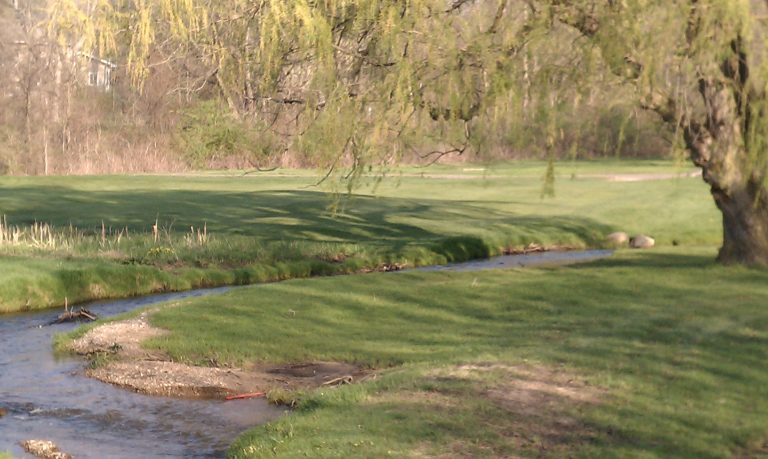Wild and Free
Who wouldn’t like to be wild and free, if just for a moment’s pleasure? It is believed, the newest frontier is the freedom within our…
Who wouldn’t like to be wild and free, if just for a moment’s pleasure?
It is believed, the newest frontier is the freedom within our minds. Consciousness has been explored since we got free from being chased by wild animals, dating back to the Early Pleistocene, consistent with the emergence of Homo erectus, about 1.7 million years ago, according to many of scientific historians.
To be aware, you may have realized four states of consciousness – as awake, dream-filled sleep, deep sleep, and beyond deep sleep.
Reference: Philosopher Walter Kaufmann, The Origins and History of Consciousness.
In 1949, Erich Neumann in The Origins and History of Consciousness did a good job of outlining the archetypal stages in the development of consciousness. He was a psychologist and philosopher.
If objective evidence of self-awareness can be taken as evidence for consciousness, then consciousness as it occurs in the primate with their more fully developed cortex may have evolved ~5 million years ago, at or around the time when great apes split off from the lesser apes.
We have had lots of time. I suspect we know more than we admit.
Self–awareness is defined as being aware of oneself, including one’s traits, feelings, and behaviors. Neuroscientists have believed that three brain regions are critical for self–awareness: the insular cortex, the anterior cingulate cortex, and the medial prefrontal cortex.
To become more self–aware, we should develop an understanding of ourselves in many areas, like your personality traits, your personal values, habits, emotions, and the psychological needs that drive your behaviors. Don’t worry, it’s not a homework assignment. You have all the time you need to become self-aware.
Scientists differ on the difference between consciousness and self–awareness, but here is one common explanation:
Consciousness is awareness of one’s body and one’s environment.
Self-awareness is recognition of that consciousness—not only understanding that your consciousness exists, but further understanding that you are aware of your thoughts as well as your actions.
Why? Because there are benefits! Here are some bennies, but not all the bennies. There are ongoing ascending levels to being aware of your body and your environment.

- Identifying your emotions
- The ability to have accurate self-perception
- Being proactive about your safety
- Possessing strong self-confidence
- Possessing self-efficacy
- Having better health
- Recognizing your strengths and weaknesses
- Identifying what you need to do to complete a task
- Recognizing errors in schoolwork and make edits or changes
- Having the ability to understand and talk about feelings
- Recognizing other people’s needs and feelings
- Seeing how your behavior affects others
- It prepares you for the “Real World”
- Leadership roles
- Social work
- Counseling
- Education
- Nursing
- Entrepreneurship
As long as you live, you can venture to become more and more self-aware.
It is all there is to do.






